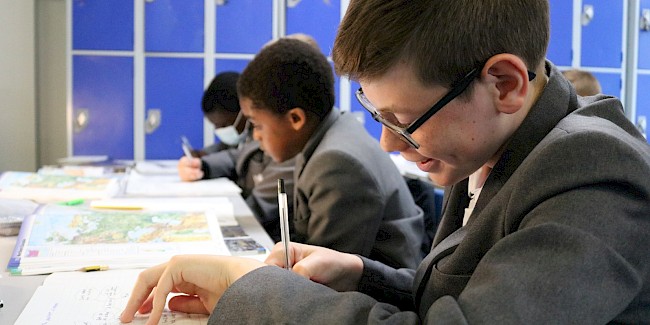Online Learning Support
Advanced level – To support your study at A-level there are a vast range of websites, podcasts and documentaries for you to engage with. This is not an exhaustive list, however engagement with the below will deepen your sociological imagination:
GCSE Online Support
Careers
What will Sociology offer you in the future?
Sociology after Holcombe aims to help students to:
- Develop an understanding of the interrelationships between individuals, groups, institutions
- and societies.
- Analyse critically the nature and sources of information and to base reasoned judgements
- and arguments on evidence.
- Organise and communicate their knowledge and understanding in different and creative
- ways, and reach substantiated judgements.
- Appreciate the significance of theoretical and conceptual issues in debate
- Understand and evaluate methodology and a range of research methods
- Develop skills that enable them to focus on their personal identity, roles and responsibilities
- within society
- Develop a lifelong interest in social issues
Studying Sociology will change the way you look at the world. You will learn the value of evidence based knowledge over common sense. Skills of analysis, interpretation and self-expression will be developed. Studying Sociology at A-level aids progression to University in a wide range of subjects and a variety of careers and professions including social policy, social work, journalism, human resources, public sector work. In comparison to other disciplines, sociology graduates have high rates of employability across a range of fields.
https://www.ucas.com/explore/subjects/social-studies
British Values
The course content has been designed to inspire, nurture and develop learners to be valuable citizens of our society. Popular topics such as identity, families and relationships and crime and deviance have been selected by the Holcombe Sociology Department, these are taught with sensitivity to the themes of respect, tolerance and inclusivity. A strong global dimension is included to reflect contemporary society. Sociology at Holcombe develops critical and reflective thinking with a respect for social diversity and encourages an awareness of the importance of social structure and social action in explaining social issues.
Throughout the course the importance and value of democracy and the rule of law is delivered synoptically throughout all the topics, especially through the key themes of socialisation, power, social stratification and individual identity.
Students are encouraged to develop their own sociological awareness through active involvement with the contemporary social world, which is shared in classroom work including discussion and debate, conducted with tolerance and mutual respect of different views and beliefs, whilst still being open to challenge in a critical manner for analysis. Students are encouraged to be inspired, moved and changed by following a broad, coherent, satisfying and worthwhile course of study and to reflect on their own experience of the social world to enhance their ability to play informed roles within different social contexts.
